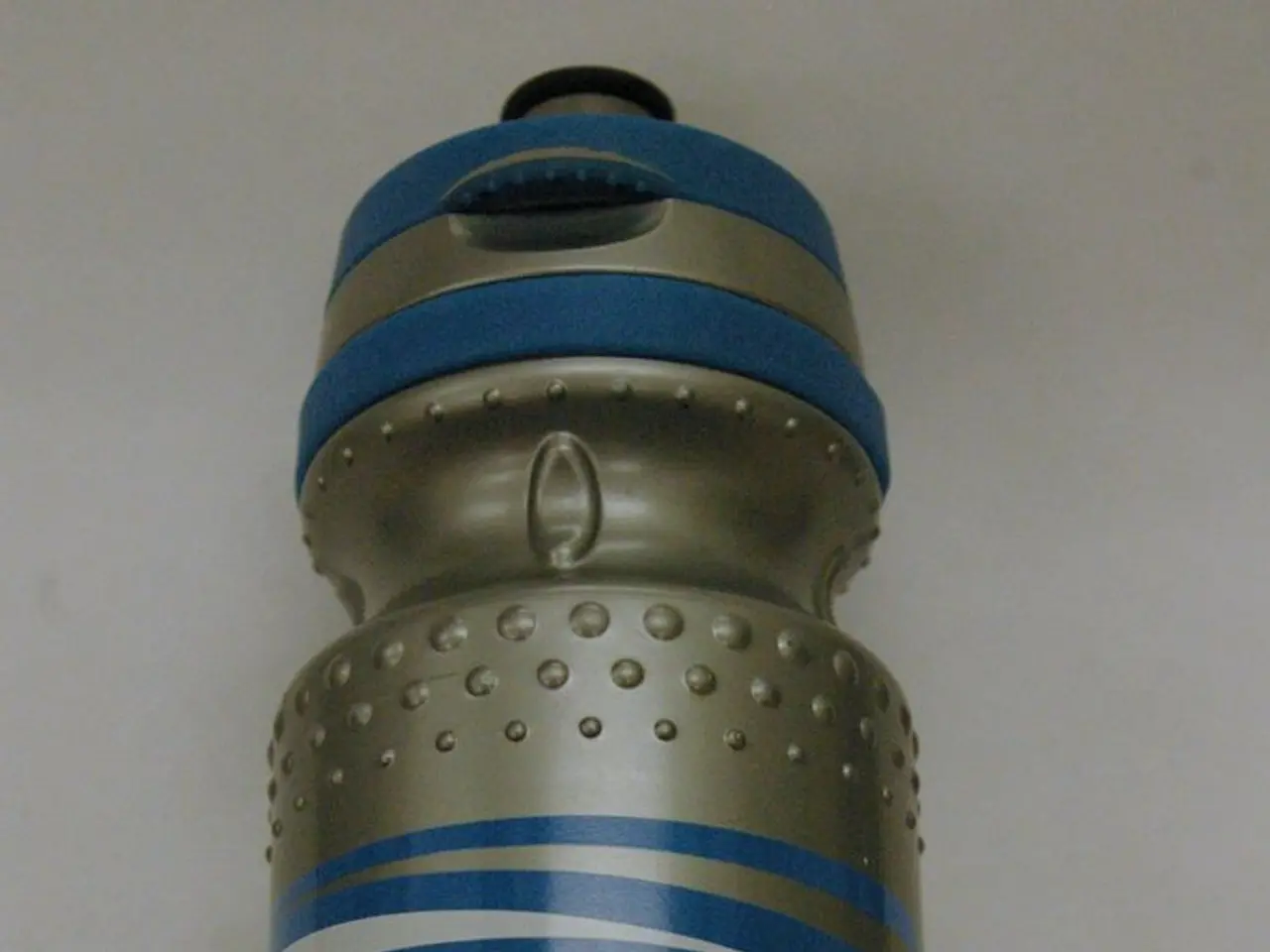Companies making strides in genetic diseases within the biotech sector
In 2025, the world witnessed significant advancements in the field of genetic disorder treatments, with biotech startups leading the charge. This year marked milestones in CRISPR-based medicines, gene therapies, and novel therapeutic modalities.
CRISPR-Based Treatments Approved and Expanding
The first-ever CRISPR-based medicine, Casgevy, received approval for sickle cell disease (SCD) and transfusion-dependent beta thalassemia (TDT) in late 2023. Since then, over 50 sites globally have started treating patients with Casgevy, demonstrating its clinical effectiveness and advancing reimbursement pathways with healthcare systems. Additionally, a personalized in vivo CRISPR therapy was developed and administered to an infant within six months in 2025, setting a precedent for rapid, bespoke gene-editing treatments for rare genetic diseases.
Gene Therapy Clinical Development Improvements
Startups like Lexeo are advancing gene therapies for genetically defined cardiac conditions by emphasizing early patient identification, expanded genetic testing, and collaboration with specialist centers. Their clinical trials focus on early intensive monitoring for safety and use biomarkers as surrogate endpoints to speed efficacy evaluation and regulatory approval.
Progress in Sickle Cell Disease (SCD) Therapies
Beyond Casgevy, other gene therapies such as bluebird bio’s Lygenia showed strong clinical outcomes, eliminating severe vaso-occlusive events for the majority of patients. These gene therapies provide near-curative potential with a single administration, significantly reducing patient dependence on regular blood transfusions.
New Therapeutic Modalities for Other Genetic Disorders
Recent advances include breakthrough regulatory designations like the FDA’s granting of Breakthrough Therapy status to the first-in-class Antibody-Oligonucleotide Conjugate (AOC) therapeutic for Duchenne muscular dystrophy (DMD), indicating momentum toward next-generation genetic medicines targeting muscular disorders.
iPSC-Derived Cell Therapeutics in Trials
Several biotech companies are developing allogeneic “off-the-shelf” induced pluripotent stem cell (iPSC)-derived therapies, including NK cells and CAR-NK cells engineered for improved immune response and rejection resistance. This approach is expanding the genetic disorder treatment landscape beyond traditional gene editing toward cell-based immunotherapies that may correct or compensate for genetic defects.
Notable Developments in Specific Treatments
- AIR-001, developed by AIRNA Therapeutics, targets the PiZ mutation in the SERPINA1 gene responsible for alpha-1 antitrypsin deficiency (AATD) and goes straight to the RNA transcript, converting the mutant adenosine to inosine, restoring production of the normal protein.
- Beacon Therapeutics' lead candidate, laru-zova (AGTC-501), is for X-linked retinitis pigmentosa (XLRP). Interim results from the phase 1/2 trial of laru-zova demonstrated sustained safety and visual improvements over 36 months. A subsequent phase 2 trial has reported encouraging early findings, with continued assessment underway.
- Actio Biosciences is developing gene therapies for inherited retinal diseases and recently raised funds in a series B funding round. Their lead candidates are ABS-1230 for KCNT1-related epilepsy and ABS-0871 for TRPV4-positive Charcot-Marie-Tooth disease type 2C (CMT2C).
- SpliceBio's proprietary Protein Splicing technology uses engineered inteins to split a large gene across two AAV vectors. Once inside target cells, the protein parts rejoin, enabling full-length protein function. Their lead candidate, SB-007, is for Stargardt disease (inherited macular degeneration).
- Celosia Therapeutics' lead candidate, CTx1000, is a viral gene therapy for amyotrophic lateral sclerosis (ALS) designed to selectively remove toxic aggregates of TDP‐43.
These advancements collectively represent significant progress in treating rare and severe genetic disorders with curative intent by biotech startups and their partners worldwide. The future of genetic disorder treatments looks promising, with continued innovation and investment expected to drive further breakthroughs.
[1] Source [2] Source [3] Source [4] Source [5] Source
- The approval of Casgevy, a CRISPR-based medicine, in 2023 marked a significant milestone in the field of health-and-wellness, particularly for the medical-conditions of sickle cell disease (SCD) and transfusion-dependent beta thalassemia (TDT), paving the way for other gene therapies.
- In the realm of gene therapy, biotech startups like Lexeo are focusing on genetically defined cardiac conditions, using genomics to identify patients early, expanding genetic testing, and collaborating with specialist centers for clinical trials that prioritize safety and utilizes biomarkers for speedy efficacy evaluation.
- Progress in sickle cell disease (SCD) treatments has been shown by gene therapies such as bluebird bio's Lygenia, which has demonstrated strong clinical outcomes, virtually eliminating severe vaso-occlusive events for most patients.
- The biopharma sector is also exploring new therapeutic modalities for other genetic disorders like Duchenne muscular dystrophy (DMD), with the FDA granting Breakthrough Therapy status to a first-in-class Antibody-Oligonucleotide Conjugate (AOC) treatment, signifying momentum towards next-generation genetic medicines.
- Biotech companies are venturing into cell-based immunotherapies, such as developing allogeneic "off-the-shelf" induced pluripotent stem cell (iPSC)-derived therapies, to expand the genetic disorder treatment landscape and potentially correct or compensate for genetic defects in various medical-conditions.




